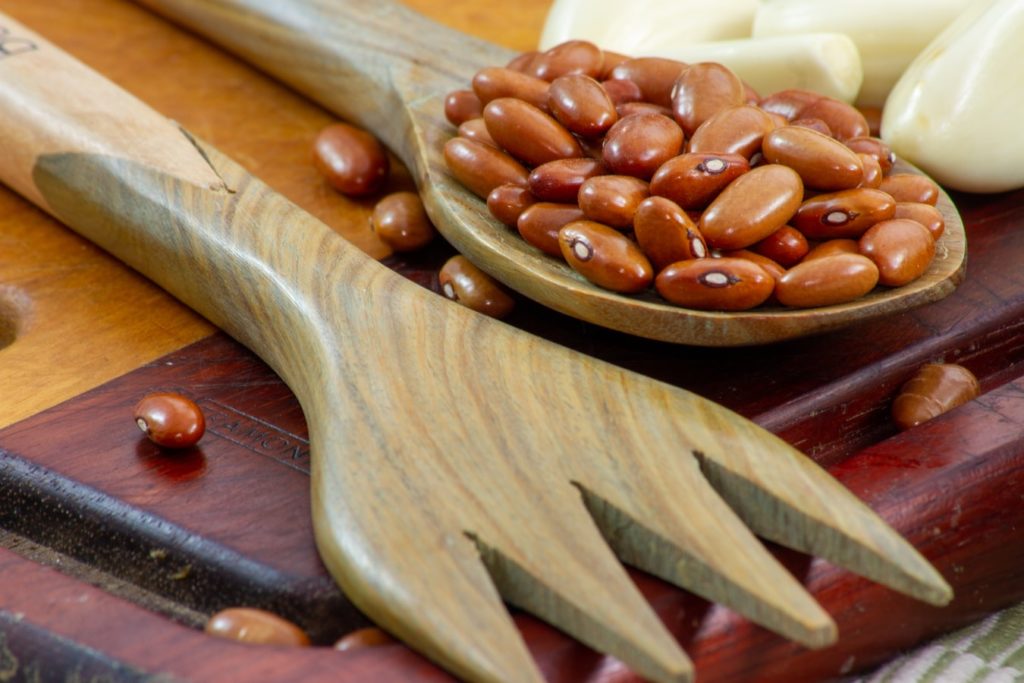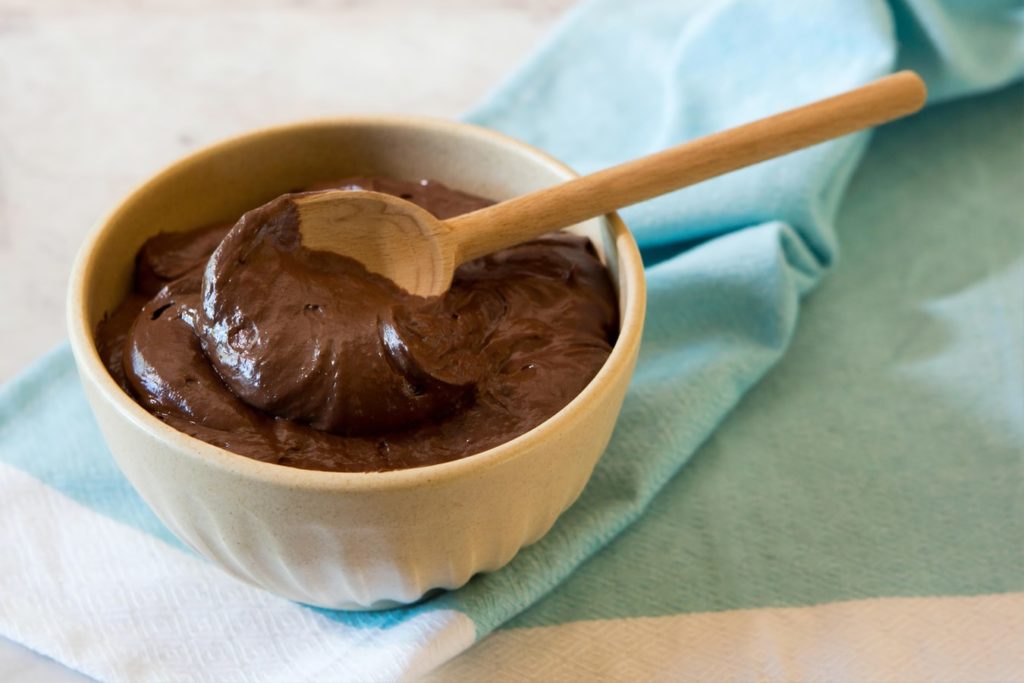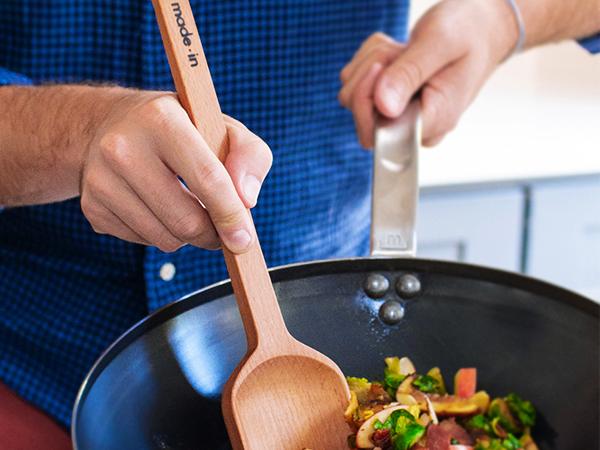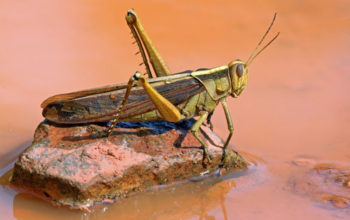Spoons-
Here are 10 good reasons why wooden spoons are the most important utensil every kitchen should have.

The following written content by Kae Lani Palmisano
Wooden spoons are works of art. They give your kitchen a rustic feel and using them returns us to our culinary roots. They’re nostalgic – the cooking tools of our grandmothers and grandfathers.
But beyond their beauty, there are a lot of benefits to using wooden spoons. They’re a multifaceted tool that can handle a wide variety of dishes from savory to sweet. Their design complements other kitchen tools, and they help with the overall quality of the food we make. Here are just a few perks to using wooden spoons.
They can handle the heat

Unlike metal utensils, wood spoons are heat-resistant. Because they don’t conduct heat, you won’t have to worry about burning your hands on a hot metal spoon. They also won’t melt if they’re left in the pot for too long. So, go ahead, let your wooden spoon hang out on the side of the pan. It won’t betray you by scalding your hand when you get back.
Another perk to your wooden spoon’s heat resistance is that it won’t suddenly change the temperature of what you’re cooking. This is particularly helpful with candy making where a quick change in temperature can cause sugars to crystalize.
You can use them with acidic foods
Acidic foods can really do a number on your metal utensils and cookware and leave your foods with an unsettling metallic aftertaste. This is why, when it comes to cooking tomatoes, pickling vegetables and using vinegar, you’ll want to use wooden spoons.
Wooden spoons are non-reactive, meaning they won’t react when they come into contact with acidic foods.
They have no harmful chemicals
Unlike plastic spatulas and metal utensils, wooden spoons are a natural material. And because they’re non-reactive, they won’t leach chemicals into your food.
Plastic spatulas or spatulas made with non-stick materials can break down over time, which can leave small fragments of material in your food. It takes a lot of use for wooden spoons to begin to chip, split or fray, and if they do, at least they’re not made with any toxic materials. Read more from USA Today
.





